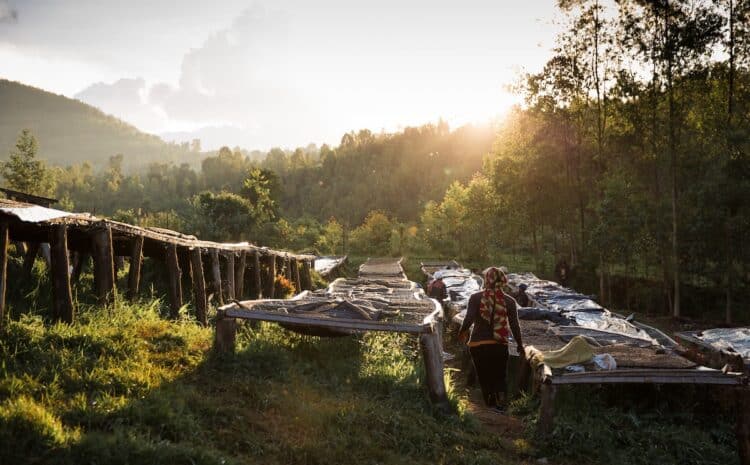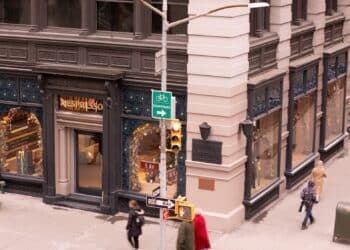Swiss coffee brand Nespresso will be the first company to source coffees that have met the Rainforest Alliance’s new Regenerative Agriculture Standard, which recognises farms that achieve a comprehensive set of sustainable requirements.
The international NGO announced its new Standard earlier this month. The certification aims to help coffee farmers and companies build resilient business structures by helping to restore ecosystems in tropical environments and landscapes.
The certification seal will start appearing on Nespresso coffees in 2026, with one of the first certified coffees coming from Yamileth Chacón’s farm in Costa Rica. Other farms in Costa Rica and Mexico will soon follow suit.
“With regenerative agriculture, you can see a change. By working with the trees, you see more foliage, more green, and more animals,” says Chacón.
According to the Rainforest Alliance, it has partnered with farmers, companies, and communities around the world to advance sustainable agriculture for nearly 40 years.
“Rooted in four decades of experience in sustainable agriculture, our new Regenerative Agriculture Standard combines scientific rigour with proven regenerative practices tailored to specific crops and regions,” says Santiago Gowland, CEO of Rainforest Alliance.
“The new seal will help consumers identify certified products from farms adopting regenerative methods. For farmers, it offers recognised external validation for their efforts, greater market access, and enhanced value for their coffee.”
Nespresso aims to build relationships with coffee farmers across the globe to protect the environment in which coffee is grown and to improve and strengthen communities’ resilience.
“We’re proud to be the first brand to source Rainforest Alliance Certified Regenerative coffee,” says Jérôme Perez, Head of Sustainability at Nespresso.
“It’s a symbol of our commitment to building balanced, resilient, yet productive landscapes within our supply chain, which is essential if we’re to protect the future of the world’s quality coffees and the communities which depend on them.”





